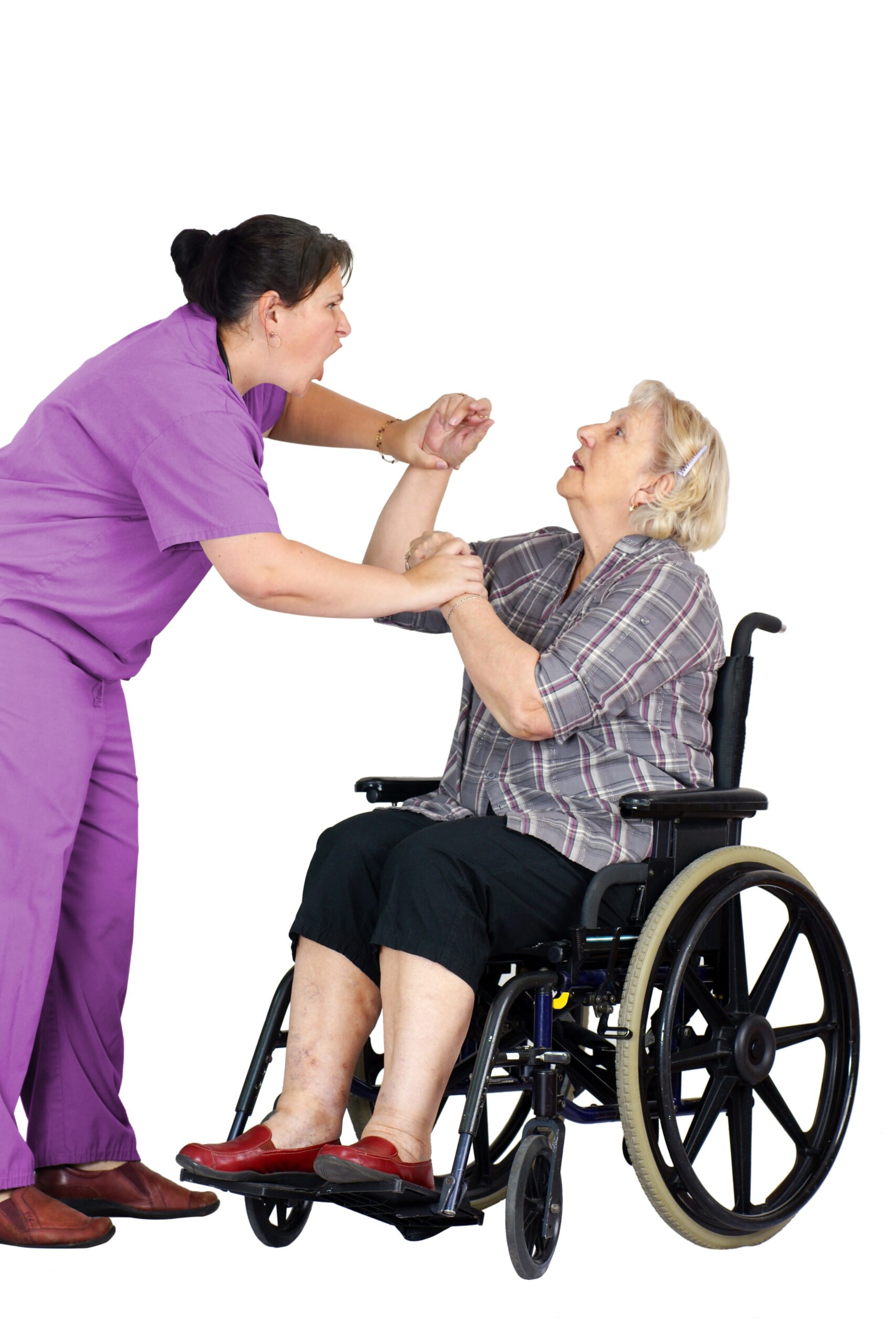
A $13.2 million jury verdict for the family of Mary Dwyer, who died after medical mistreatment at a New Jersey assisted living nursing home, is bringing national awareness to the tragic issue of nursing home negligence.
Nursing Home Negligence Case
Mary Dwyer, 87 years old, fell in her home and dislocated her shoulder. She first went briefly to a hospital and then for three months to Alaris Health nursing home in New Jersey for short-term rehabilitation of her shoulder. While at the nursing home she suffered severe medical problems, all of which were unnecessary and preventable, according to her family’s attorneys. When nursing home staff failed to properly rotate Ms. Dwyer’s position, she developed the most extreme type, Stage IV, of pressure ulcers (or bedsores). She lost 20 pounds. She had nine wound debridements – surgeries to remove damaged skin tissue. She had two bone shavings. And she had a colostomy – a surgery that removed a damaged part of her colon. Ms. Dwyer died a tragic and painful death following these medical problems.
In May 2014, a jury awarded Ms. Dwyer’s estate and family $13.2 million, over half of which were punitive damages against the nursing home. This was the largest nursing home verdict in New Jersey at the time.
Nursing Home Standard of Care
Both state and federal laws ensure that nursing homes give patients proper medical treatment and quality of life. No patient should suffer unnecessary pain or loss of dignity during their stay in a nursing home facility. For example, federal law provides that patients should not develop pressure ulcers unless they were unavoidable. In Ms. Dwyer’s case, evidence showed that the severe pressure ulcers she developed were avoidable had she received proper medical care. Other basic patient rights provided by Rhode Island regulations include the rights to:
- Participate in decisions about care/treatment
- Refuse treatment
- Be free from abuse
- Choose a physician
- Maintain privacy and confidentiality
- Voice complaints
- Have visitors
- Retain and use personal possessions
- Share a room with a spouse
- Administer own medication (if safe to do so)
Nursing home facilities are heavily regulated. Contrary to what normally comes to mind about the quality of care at nursing homes, residents must receive the care and services needed to give them their highest practical well-being – emotional, physical, and psychosocial.
Do not be led to believe that you should suffer substandard care or conditions if you are under the supervision and care of a nursing home. If you or a loved one was injured while under a nursing home’s care, please contact our nursing home abuse lawyers right away. We have helped many patients who, perhaps like you, received a quality of care that violated the law and led to painful and avoidable injuries.

